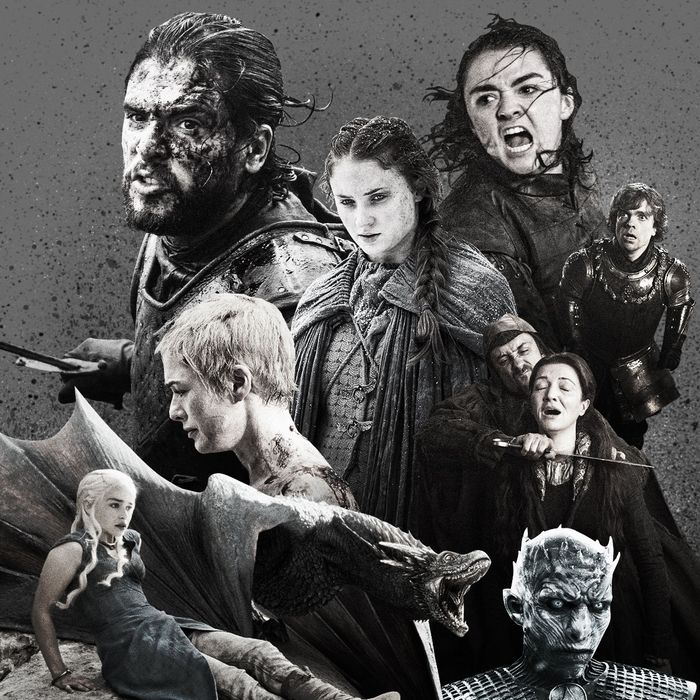


- #Games of thrones who seiced power after the war of 5 kings driver#
- #Games of thrones who seiced power after the war of 5 kings full#
And the audience, consciously or otherwise, longed for the abuse as much as the vengeance.īut there’s far more to the fantasy genre than Game of Thrones, even for politics wonks.
#Games of thrones who seiced power after the war of 5 kings driver#
This “ (campy) Machiavellian porn,” as one writer put it, was the bigger driver of the show.
#Games of thrones who seiced power after the war of 5 kings full#
(Revenge play writers also loved to put faux-morals about the futility of revenge in plays while simultaneously serving up their audience a full platter of gory locks and kid-meat pies.) Disappointment in the last season was in part because there was nobody left to take revenge on, Daenerys’s unconvincing last-minute heel turn aside. To name only a few, Tyrion Lannister revenged himself on his father, Cersei Lannister on the Sept, Daenerys on the slavers, Sansa Stark on Ramsay Bolton and Littlefinger, and Arya Stark on everyone.ĭespite attempts to claim that the show’s cycle was somehow deep, it was also clearly what its audience wanted most. The first progression of this cycle came in the very first season, as viewers cheered at seeing the loathsome Viserys Targaryen get his just deserts, but it played out numerous times thereafter. It turned on a simple, endlessly repeated narrative of abuse-survival-revenge, themes that would have been familiar to any writer of Jacobean tragedy. The wall that protects the “civilized” South from the “wild” North is 700 feet tall, but wildlings can shoot arrows at the top.īut the heart of the story was never about politics. Westeros is supposed to be the size of South America, yet characters skip around it in a matter of days or weeks-as if it were about the size of the British Isles. Perhaps that’s why the scale of his fictional world has always been all over the place. But even Martin’s books were more interested in mild subversion of multivolume fantasy tropes than in actually engaging with history or politics. Some of that came about because of the inevitable needs of TV. As the show limped its way past the finish line, the absence of actual ideas became more obvious with every episode. Even the sustaining conceit of the series, the long winter, was quietly forgotten or reduced to a single opponent who could be dismissed with a stab in the heart. Martin’s retroactive claim that the icy undead were really a symbol of climate change-the show had no real interest in them. Despite gestures toward political ideas-from the yearning to see Daenerys Targaryen and her cohort as order-breaking feminists to author George R.R. Yet Game of Thrones’ core storytelling could never sustain the ideas its fans projected on it. From the utterly vacuous to the wonkish, few writers could resist the urge to find political, economic, sociological, and even scientific implications in a show about dragons fighting zombies. At long last, Game of Thrones is over, and with it, an end to Game of Thrones think pieces.


 0 kommentar(er)
0 kommentar(er)
